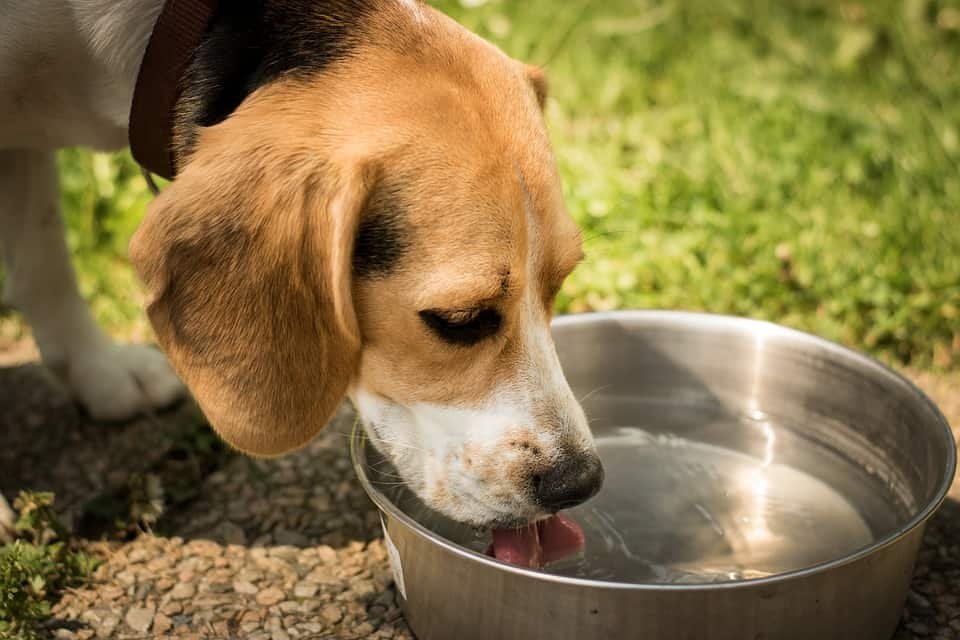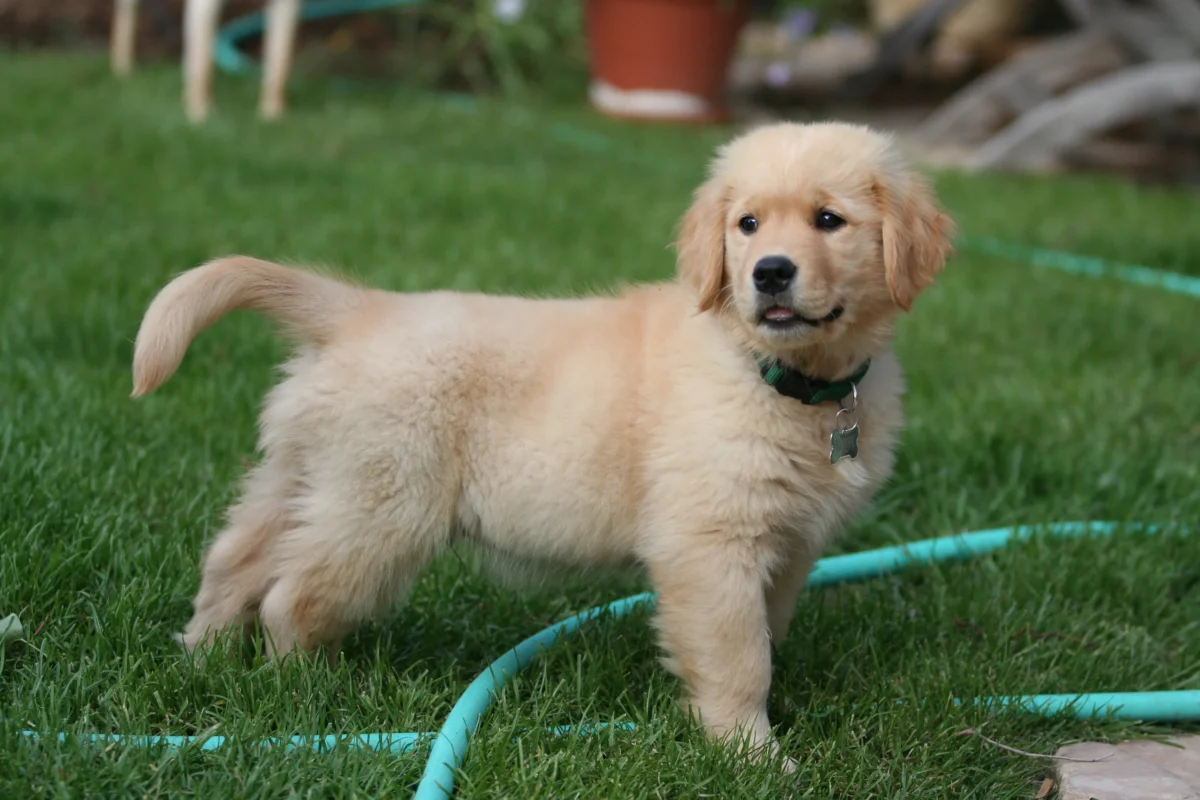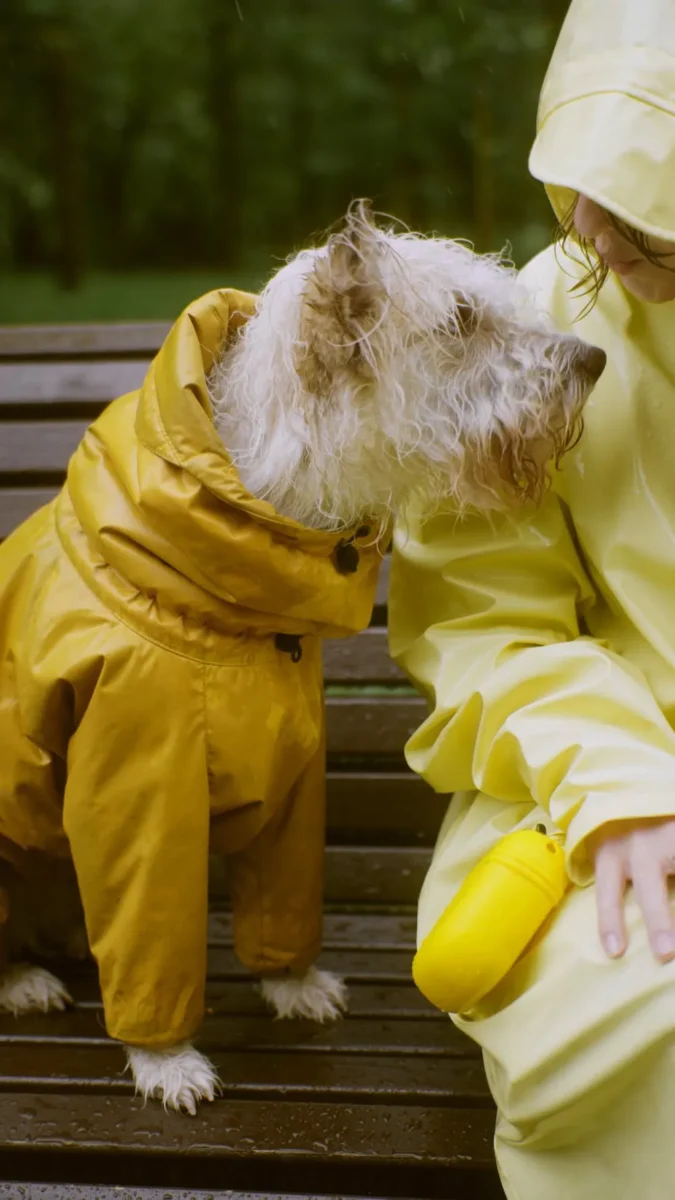Parvo and water go hand in hand.
Yes, dogs with parvo will drink water, but not as much as they normally would. This is because the virus causes vomiting and diarrhea, leading to dehydration. If your dog has parvo, it’s important to ensure they stay hydrated by offering small amounts of water frequently.
You can also give them ice chips or Pedialyte to help prevent dehydration. If your dog shows signs of severe dehydration (e.g., sunken eyes, dry mouth, lethargy), then you should take them to the vet immediately. Parvo is a serious virus that can be deadly, so it’s important to get professional medical care.
What Is Parvo?
Parvo is a highly contagious virus that can cause severe illness in dogs. It is most commonly seen in puppies between 6 weeks and 6 months old, but it can also affect older dogs. The virus is spread through contact with contaminated feces (stool). It can also spread indirectly through contaminated surfaces or objects. Dogs that are not vaccinated are at the highest risk of contracting the virus.
Symptoms of parvo include:
- Vomiting
- Diarrhea (Which may be bloody)
- Lethargy
- Loss of appetite
- Fever
In severe cases, the virus can lead to
- Dehydration
- Shock
- Death
Treatment for parvo typically involves hospitalization and intensive supportive care. Fortunately, there is a vaccine available that can help prevent your dog from contracting the virus.
Early diagnosis and treatment are critical for the best possible outcome.
Bleach and Parvo
One of the most important things you can do to prevent the spread of parvo is to disinfect any surfaces or objects that may be contaminated with the virus. This includes anything your dog has come into contact with, such as their bedding, toys, food and water bowls, leashes and collars, etc.
The best way to disinfect these items is to soak them in a bleach solution for at least 10 minutes. Using the same bleach solution, you should also disinfect any areas where your dog has been, such as your yard. Be sure to follow the instructions on the bleach bottle carefully and take precautions to avoid getting it on your skin or in your eyes.
Pepto-Bismol and Parvo
Pepto-Bismol is an over-the-counter medication used to treat diarrhea in dogs. It works by coating the stomach and intestines, which helps to reduce inflammation and soothe the digestive tract.
Giving your dog Pepto-Bismol is a temporary measure and should not be used in place of proper veterinary care.
Preventing Parvo
The best way to prevent your dog from contracting parvo is to ensure they are up-to-date on their vaccinations. Puppies should receive a series of vaccines starting at 6 weeks, with boosters given every 3-4 weeks until they are 16 weeks old. After that, they will need an annual booster vaccine to stay protected. If you are unsure whether your dog is up-to-date on their vaccinations, talk to your veterinarian.
In addition to vaccinating your dog, you can help prevent the spread of parvo by practicing good hygiene. This includes washing your hands thoroughly with soap and water after coming into contact with any potentially contaminated surfaces or objects. You should also avoid letting your dog come into contact with other dogs that may be infected. Contact your veterinarian immediately if you think your dog has been exposed to the virus.

« golden retriever vs boxer
Goldendoodles: Everything You Need to Know »
While there is no guaranteed way to prevent your dog from contracting parvo, taking these precautions can help reduce the risk.
Dog Survival Rate With Parvo
The answer to this question depends on a number of factors, including the dog’s age and health, the virus’s severity, and the quality of veterinary care. In general, puppies and young dogs are more vulnerable to the virus and have a higher mortality rate than older dogs.
The most severe cases of parvo can lead to death within 48-72 hours, but many dogs will recover with prompt treatment. The sooner you can get your dog to the vet, the better their chances of survival.
FAQ
How Do Vets Treat Parvo?
Early stages of parvo can be treated with round-the-clock care, medication, and proper hydration. In severe cases, your dog may need blood transfusions or surgery. The goal of treatment is to support your dog through the critical phase of the virus and minimize the risk of complications.
Unfortunately, there is no specific cure for parvo, and treatment can be expensive. The good news is that a vaccine is available that can help prevent your dog from contracting the virus.
How Do I Know My Puppy Is Getting Better from Parvo?
One of the most important things you can do is monitor your puppy’s progress closely. Signs of improvement include increased energy levels, decreased vomiting, and improved appetite.
It’s also important to remember that even if your puppy seems to be getting better, they are still contagious for up to 6 weeks after becoming ill. This means you must take precautions to prevent the virus from spreading to other dogs.
What Drinks Can I Give My Dog With Parvo?

In parvo, giving your dog the right fluids to replace the ones they are losing is important. The best way to do this is through an IV, but you can also give them small amounts of water or electrolyte solutions orally.
Do not give your dog anything else to drink, as this can worsen their diarrhea and lead to dehydration.
Conclusion
When it comes to deciding whether to treat your dog at home or take them to the vet, your actions should be based on the severity of the virus.
The most important thing is to make sure you are prepared for both options and have a plan in place in case your dog does become ill. According to a study, the canine parvovirus (PVE) survival rate is higher than 80% in tertiary vet facilities.
If you decide to treat your dog at home, it’s important to have a designated area for them that is clean and free of potential hazards. You will also need to have a supply of the proper fluids on hand and a way to closely monitor their progress.

On the other hand, if you decide to take your dog to the vet, they will be able to receive around-the-clock care and treatment. This can be especially important in severe cases where the dog may need intensive care or surgery.









